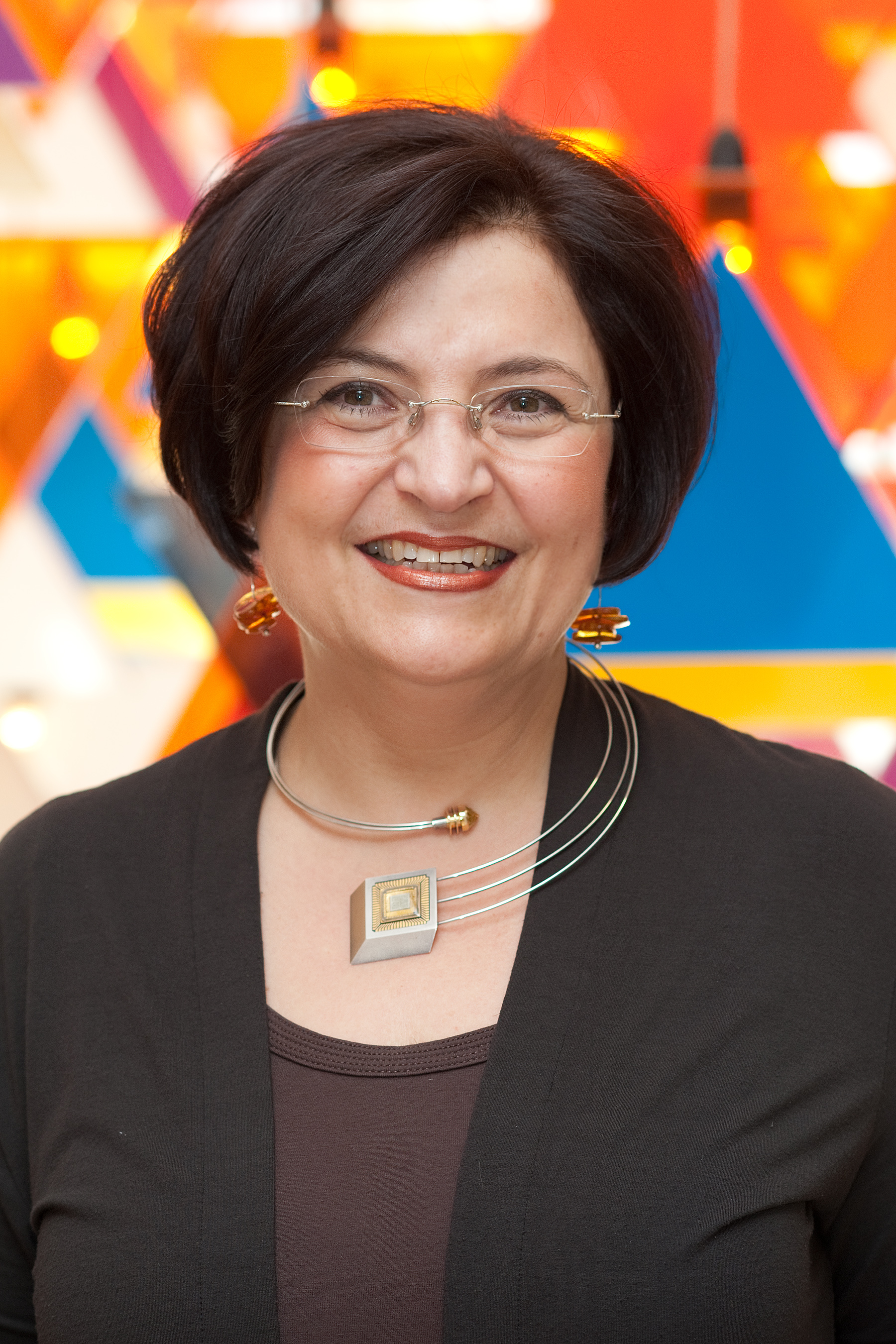Negotiating conflict, belonging, and well-being in multi-ethnic early childhood settings
In a Marsden Fund research project beginning this year, Professor of Early Childhood Education Dr Carmen Dalli, will research how children aged 2-5 years negotiate conflict to establish a sense of belonging and well-being in a multi-ethnic early childhood setting.

Professor Dalli will draw on video footage and discussions with teachers to understand how children negotiate conflict, the way language and action are used together in conflict, and the way adults respond.
“As New Zealand children begin to enter early childhood settings earlier, and as early childhood centres become more multi-ethnic, it is essential that we understand how children develop their sense of well-being and belonging in these changing environments,” says Dr Dalli.
“Belonging and well-being are two major strands in the New Zealand early childhood curriculum. However, most research focuses on children’s physical well-being in these settings. How children acquire a sense of emotional well-being and belonging fails to receive equal attention. This research will provide insight into these important areas of a child’s development.”
Dr Dalli says that while conflict is often seen as anti-social, developing negotiation and problem solving skills is essential to children’s development.
“In early childhood, children are simultaneously developing a sense of self, and exploring different kinds of social interactions as they make friends and construct social groups to establish a sense of belonging and well-being: conflict is central to both.”
Learning about identity, language and culture becomes complex in multi-ethnic early childhood settings where children bring a variety of languages and cultures from home.
“As we are an increasingly multi-ethnic society it’s a reality that needs to be factored into our education practice much more than it has been in the past.”
The research will be undertaken with School of Linguistics and Applied Language Studies Professor Miriam Meyerhoff.
“I am really excited to be working with Miriam. As a sociolinguist, Miriam comes from a different disciplinary background. We have complementary skill-sets that will enrich our analysis.”
